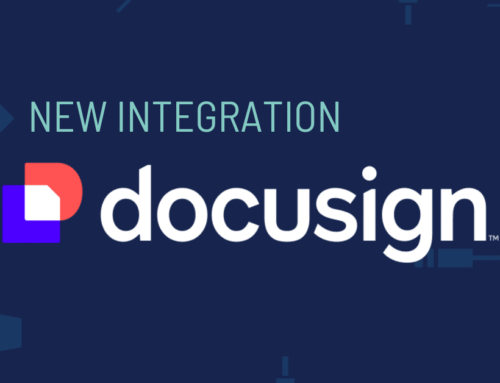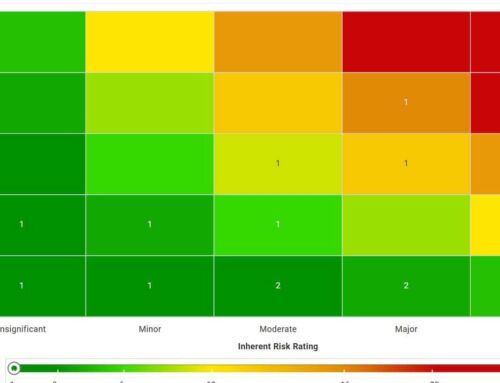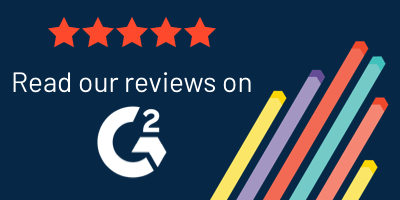Internal audit: moving forward or standing still?
How to improve internal audit efforts
I spent the first 12 years of my career as an internal auditor. This career choice allowed me to delve into the intricacies of various organizations and industries while working alongside some top-notch talent. I learned more about business (and life) than I could have hoped. I’ve attended (and taught) some wonderful training courses. I’ve built relationships with a ridiculously talented group of mentors and like-minded individuals. As I look back on that part of my career, I can only conclude that I was extremely fortunate to stumble upon such an excellent profession.
And yet, as much as I’ve enjoyed being involved in internal audit, there have been times of great frustration. In the years that I’ve been an internal auditor or a consultant supporting the profession, I’ve seen methods and tools of the past holding too much power over my colleagues and myself. I’ve seen new ideas met with cold resistance, not with curiosity and professional skepticism.
“We can’t use data analytics here because the auditee won’t share the data.”
“Why would we consider management’s perspective on risk when doing our assessments? That’s too confusing.”
“We need to make this new system look and behave just like our old one.”
“We don’t need to involve the process owners in tracking their own remediation plans. They won’t like it.”
I’m discouraged by this way of thinking. As a profession, internal audit needs to operate on a broader scale, form a greater understanding of its target business, be more acutely aware of risks and add more value to its constituents. Yet I continue to see audit professionals drawn toward methods and tools of the past, as if by gravitational pull.
The reason I enjoy internal audit and stay involved in the profession is because it provides a tremendous opportunity to effect change, evolve, learn and grow. But in order to promote meaningful improvement in the organizations it serves, internal audit must be open to self-evaluation, process refinement, better technology and greater coordination with other business functions. That’s how the profession remains efficient, relevant and influential. That’s the way to attract and retain top talent.
Over the last few years, I’ve worked with many IA professionals who treat their career as an ever-evolving process. They see potential in adopting a new approach, a new way of doing things. These visionaries have embraced a simple mindset: “We can do better.” And indeed, we can. There is opportunity, not shame, in acknowledging that we don’t have it all figured out. Internal auditors are well equipped to drive change across their organizations and within themselves. As a process and technology advisor for the profession, I look forward to being part of that change.
About the author
Jason Rohlf
Director at Onspring
20 years internal audit & GRC experience






